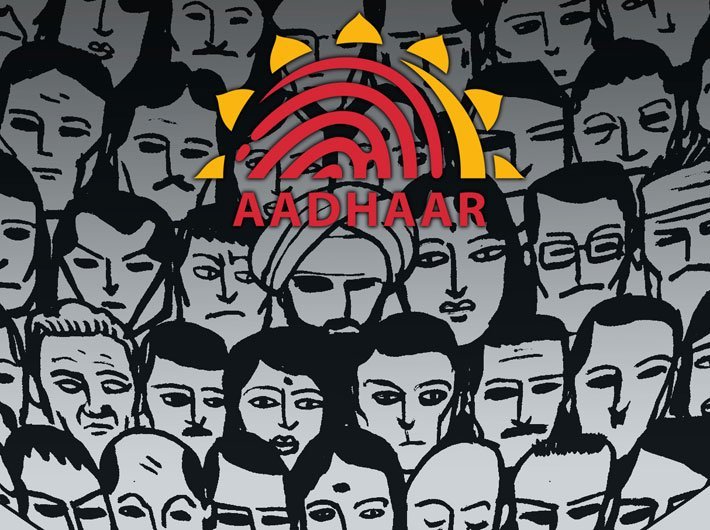Despite SC rulings, Modi government continues to make Aadhaar mandatory for services

Pratap Vikram Singh | March 8, 2017 | New Delhi

The Directorate of Revenue Intelligence (DRI) has cracked down on a major gold-smuggling syndicate in Mumbai under `Operation Bullion Blaze`. The operation uncovered an organised racket involved in smuggling gold into India, melting it in covert furnaces, and illicitly selling the refined bullion into the
In his first remarks on the Delhi blast of Monday evening, prime minister Narendra Modi has said that those behind it will be brought to justice. “Our agencies will investigate the conspiracy. The conspirators will not be spared,” he said on Tuesday while delivering his speech in
The Department of Consumer Affairs of the central government has issued the Draft Legal Metrology (Packaged Commodities) (Second) Amendment Rules, 2025, proposing to make it mandatory for e-commerce platforms to provide searchable and sortable filters based on the `Country of Origin` for packaged commoditi
Experts have emphasized the urgent need to improve how scientific evidence on air pollution is communicated to policymakers and the public to spur meaningful health and policy action. They were participating in a webinar titled “Communicating Air Pollution Science for Public Health Act
In a step toward inclusive digital transformation, the Maharashtra government has signed a Letter of Intent (LOI) with Starlink Satellite Communications Private Limited. With this, Maharashtra becomes the first Indian state to formally collaborate with Starlink to deploy satellite-based internet services f
This November, children and young people across India are embarking on a joyful exploration of birds and nature as part of Young Birders’ Month (YBM) - a first-of-its-kind, month-long campaign created to spark curiosity and ecological awareness among young minds. This initiative is organized collabor

